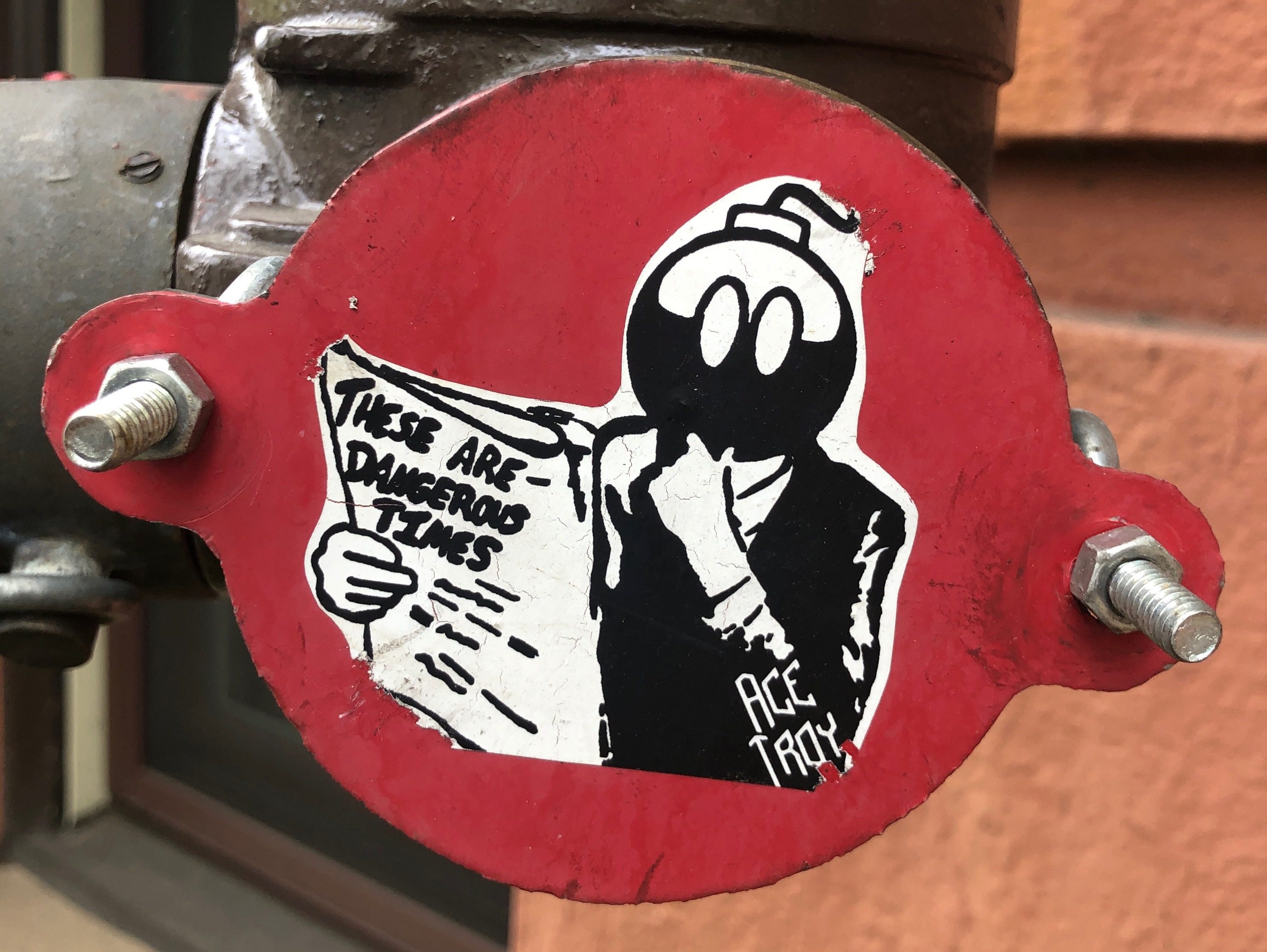The Urgency of Time and the Crisis of Conscience

```html
The Burden of Conscience: Reclaiming Democracy in an Age of Fascism
The Crumbling Facade of Democracy
We live in a world obsessed with appearances, where rituals overshadow substance. As Eduardo Galeano poignantly observed, "We live in the container culture, which despises the content." This rings true today as democracy globally faces a siege, not merely political, but deeply moral.
From the United States to Hungary, India, and beyond, the rise of "illiberal democracy"—a thinly veiled fascism—dismantles civic culture and the very ideals that sustain a free society. The unthinkable has become normalized, a chilling testament to shrinking political horizons.
Manufacturing Hopelessness
David Graeber's "apparatus of hopelessness" aptly describes the system engineered to crush dreams and extinguish any vision of an alternative future. This calculated assault on possibility aims to suppress resistance and pave the way for authoritarianism.
Neoliberalism's obsession with privatization and wealth accumulation fuels growing inequality, injustice, and exploitation. Coupled with assaults on education, women's rights, and the environment, this creates a breeding ground for anger and resentment.
The Global Rise of Authoritarianism
The flirtation with authoritarianism has evolved into an embrace of its ideological fictions, including despotic power, racial capitalism, and white supremacy. Globally, autocrats collaborate to suppress dissent and preserve their own power, forming a dangerous alliance Anne Applebaum aptly labels "Autocracy, Inc."
This disdain for the social state, evident in the rhetoric of figures like Reagan and Thatcher, fosters social and moral irresponsibility, paving the way for violence and oppression. As Maaza Mengiste notes, this rhetoric is "a language that uses trick mirrors… strong enough to reside in troubling landscapes, malleable enough to be both poetic and cruel."
The Power of Education and Resistance
Education is the civil rights issue of our time, a vital tool for mass social change. Echoing Frederick Douglass, resistance is crucial for progress. Students protesting injustices, like the ongoing war on Gaza, exemplify this spirit of struggle.
As Keeanga-Yamahtta Taylor emphasizes, we need a new language to address interconnected social issues. We must move beyond fragmented analyses and think in historical and relational terms to challenge the neoliberal obsession with individualism and short-term gains.
Rekindling the Ethical Imagination
Zygmunt Bauman and Ezio Mauro argue that rejecting responsibility is to reject critical agency and our shared humanity. Too many, as Ayana Mathis observes, have "descended into the deep canyons of grief" and become depoliticized.
It is time to "think big," connecting the personal and the political. We must revitalize language as a tool for critique and possibility, as exemplified by the student resistance movements fighting for Palestinian freedom.
Confronting the Language of Violence
Ruth Ben-Ghiat warns that authoritarians weaponize language, emptying words like "patriotism" and "freedom" of meaning. This "upside-down world" distorts reality and normalizes violence.
As Chris Hedges argues, gangster capitalism has reached its toxic conclusion, fueling despair and paving the way for fascist politics. The media's complicity through silence and false objectivity further erodes democratic values.
The Urgent Call to Action
Trump’s rhetoric and actions demonstrate a blatant disregard for democratic principles, revealing a dangerous embrace of authoritarianism. His open admiration for dictators, threats of violence, and attacks on marginalized groups signal a chilling regression towards fascism.
We face an emergency. Les Leopold rightly argues that we must expand our sense of what's possible and embrace anti-capitalist values. As Václav Havel urged, a radical renewal of our sense of responsibility is paramount: "Our conscience must catch up to our reason—otherwise we are lost."
We must heed Howard Zinn's call for hopeful action, recognizing that even in dark times, human beings can behave magnificently. Wendy Brown reminds us of the vital question: "What kind of world do you want to live in?" This question demands that we take responsibility and become active participants in shaping our future.
Reclaiming the Future
Katharine Hodgkin and Susannah Radstone remind us that "contests over the meaning of the past are also contests over the meaning of the present." We must harness the power of historical memory, language, and education to forge a new path forward. Now is the time for a great awakening of consciousness, a mass movement for social change, and a renewed commitment to the principles of justice, equality, and freedom.